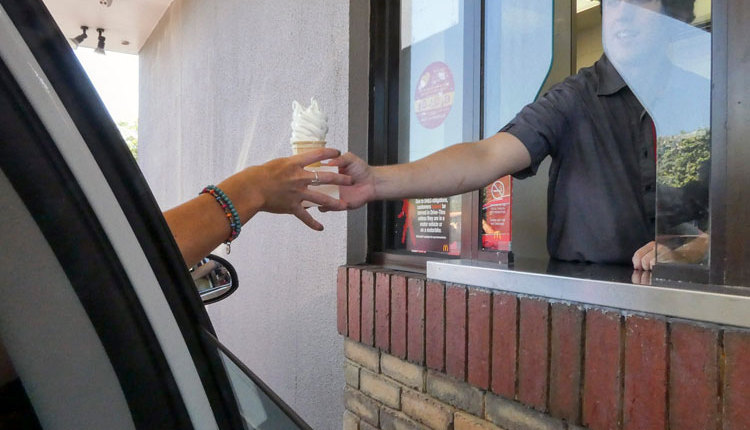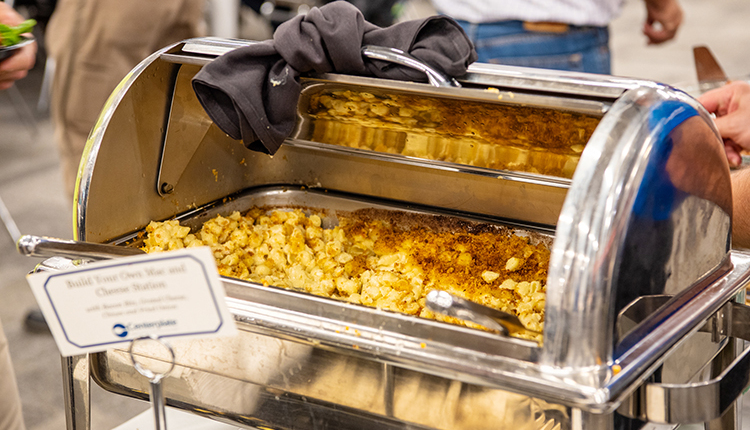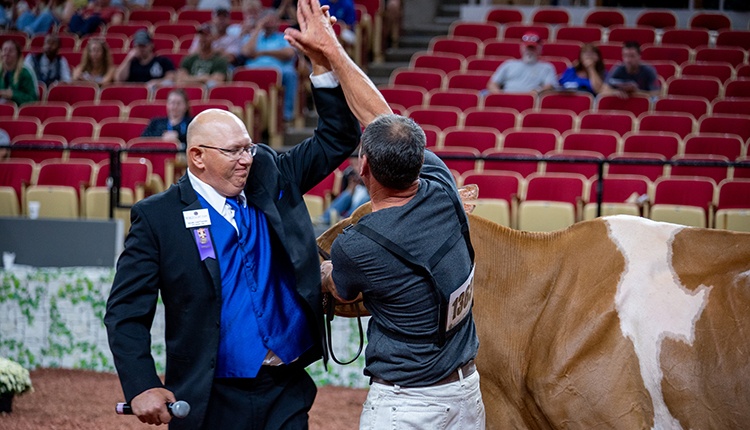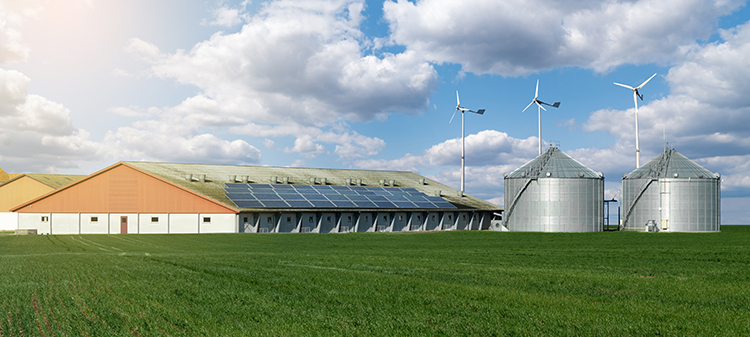
The term sustainable has become commonplace in current conversations about agriculture and beyond. When most people think of sustainability, their mind quickly goes to climate change and how we can stop it. Of course, minimizing the negative environmental impact we have on this earth is an important part of sustainability, but it really is much more than that.
During Cornell University’s Net Zero for New York Dairy conference, Elanco’s Sara Place said that sustainability “is a lot more complicated than climate.” She shared the United Nations’ definition of sustainability, which is meeting the needs of the present without sacrificing the ability of future generations to meet their own needs. Climate will certainly play a role, but other factors will also contribute to a sustainable future.
Place, the company’s technical consultant in sustainability, said that we are really trying to balance three domains when we talk about sustainable agriculture. First are the environmental factors, including our carbon footprint, land use, protecting the ecosystem, and more.
Then, there are the economic factors. Farmers need to be able to operate profitably, and it is important that agriculture has an economic impact on rural economies. Another piece is keeping food affordable for consumers.
Also weighing in are the social factors. This could include the nutritional quality of food and human health trends. It also involves consumer perceptions and preferences toward animal welfare and antibiotic and technology use.
While we’d like to balance all these factors, Place said that’s not always reality.
“Sometimes, there are tradeoffs,” she said. “We can’t always have our cake and eat it too.”
Society is asking questions about what they should be eating, how food should be grown, and if dairy and beef can be part of a sustainable diet. While we need to address the requests of the consumer, Place noted that a lot of this interest in sustainable agriculture is driven by capital and investors in dairy. These individuals and groups have expectations about how we can make progress and how we measure progress when it comes to reducing the impacts on climate change.
Place said that greenhouse gases are dominating the discussions of investors and consumers, but when we focus only on climate, we miss other parts of the sustainability story. If people believe farming can’t cut its greenhouse gas emissions and instead push for a reduction in dairy production, for example, we are limiting access to the number one source of high-quality protein in the American food supply. In addition, cattle play an important role in the agroecosystem by consuming feedstuffs not edible by humans and turning them into high quality food products.
“We can’t lose sight of all assets of cattle production and aspects of sustainability. All of it is important,” Place said. She added that we must show society that we can reduce the environmental footprint on the supply side of production agriculture, so that they don’t pressure us to do it on the demand side through reduced demand and pressure to shrink the size of the industry.
“At the end of the day, this conversation is not going to go away,” Place said, emphasizing that the topic of sustainability is here to stay. “It is not going to magically drop off the radar, and it’s only going to build.”
Whether we think of sustainability at the individual farm level or for our industry as a whole, Place’s comments about broadening the view of sustainability certainly resonate. To be sustainable, farms need to be environmentally friendly, but they also need a market for their product and profitability to survive. If we expand our own definition of sustainability to encompass much more than just climate, hopefully our customers and investors can get there, too.
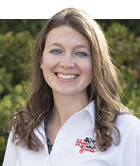
The author is the senior associate editor and covers animal health, dairy housing and equipment, and nutrient management. She grew up on a dairy farm near Plymouth, Wis., and previously served as a University of Wisconsin agricultural extension agent. She received a master’s degree from North Carolina State University and a bachelor’s from the University of Wisconsin-Madison.






